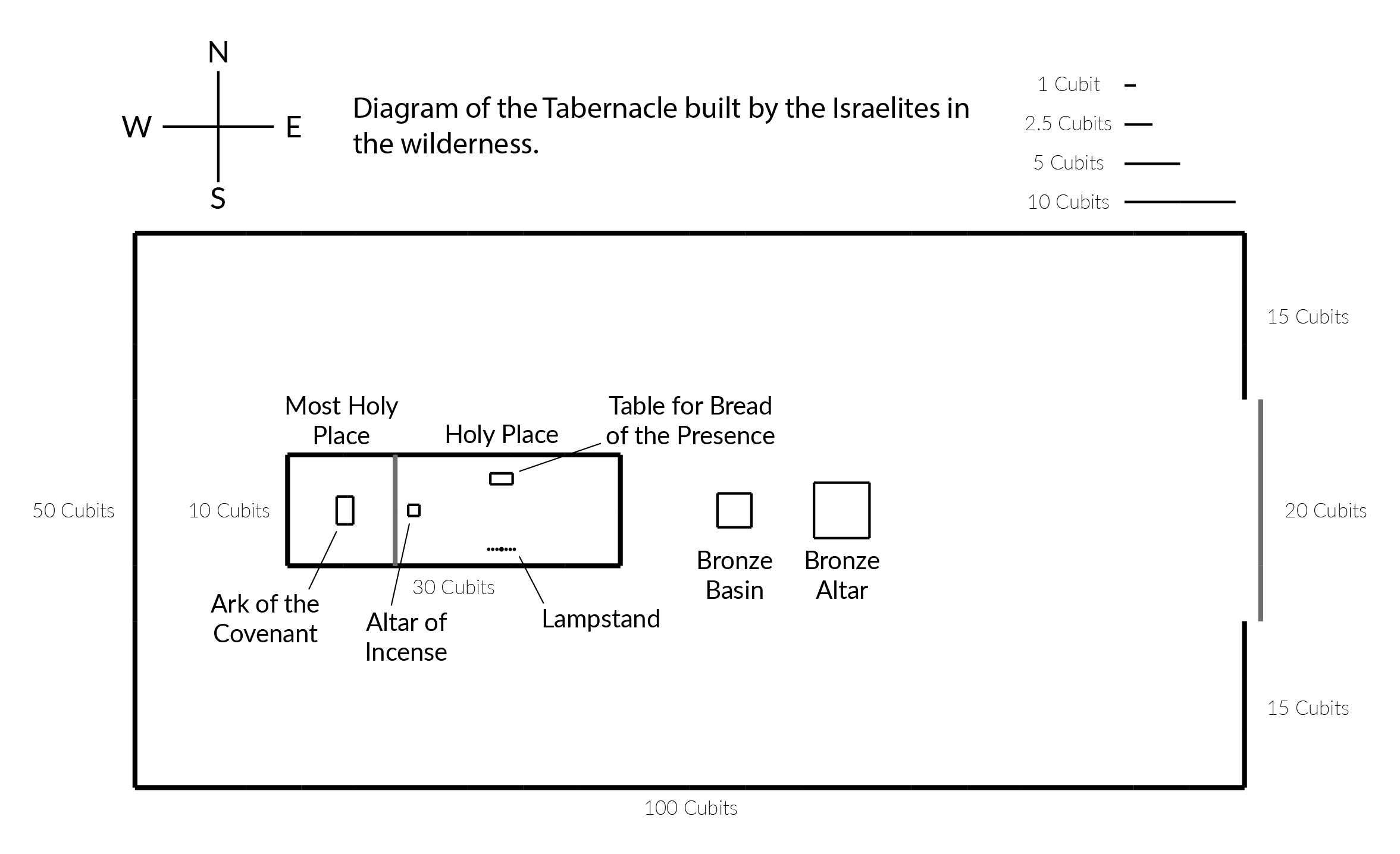Leviticus 22 Summary: A Short Breakdown in 5 Minutes
Leviticus 22 Summary - A Quick Overview
WHEN:
Leviticus picks up where Exodus left off. The children of Israel are on their way through the wilderness to the Canaan land.
According to Leviticus 8, the Tabernacle had already been erected, which would place the year at approximately 1490 B.C. (one year after the Israelites left Egypt).
DEFINITIONS:
Holy Food – Certain portions of the Israelites’ sacrifices were given to the priests for food. This included meat from the animals being offered and bread/flour from the grain offerings. This food was special and could only be eaten by certain people who had a connection to the priesthood.
TABERNACLE DIAGRAM
OUTLINE:
THE HOLY FOOD FROM THE TABERNACLE (22:1-16):
No priest was allowed to eat of the contributions and holy food from the Tabernacle while they were unclean.
If a priest was unclean as a result of touching an unclean thing, he had to wash himself with water in the evening before being permitted to eat the of the holy things again.
The common Israelite people were not allowed to eat the holy things, unless they were a person born in the priest’s house or a slave bought with the priest’s money.
If a person accidently ate some of the holy food, they were to restore what they ate to the priest with 1/5 of the value added to the total.
ANIMALS FIT FOR SACRIFICE (22:17-33):
The Israelites were not allowed to bring blemished animals as burnt offerings or as piece offerings.
Any animal affected by blindness, mutilation, a disability, an itch, a scab, damaged testicles, or other ailments were not permitted to be offered.
An animal had to be at least 8 days old before it was eligible to be used as a sacrifice.
A cow or sheep and its offspring were not to be killed together at the same time.
If an animal was offered as a sacrifice of thanksgiving, the entire animal was to be eaten the same day (7:15).
APPLICATION:
God expects more than our leftovers.
God didn’t accept offerings from the leftover animals of the Israelite flocks. It would have been no real sacrifice to offer a sick animal to the Lord, and it certainly wouldn’t have been a blessing to the priests.
While we don’t offer animal sacrifices, we all offer something.
Do you give God the best of your time, money, brainpower, physical energy, attention, affection, and service?
We don’t want to offer God the leftovers of all these things after we’ve nearly exhausted them on selfish and worldly pursuits.
God deserves the best of us, and His Kingdom is the best place to expend the balance of our resources.


